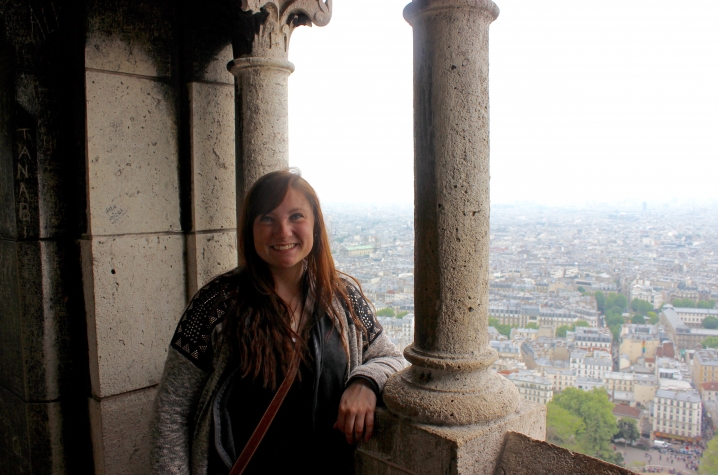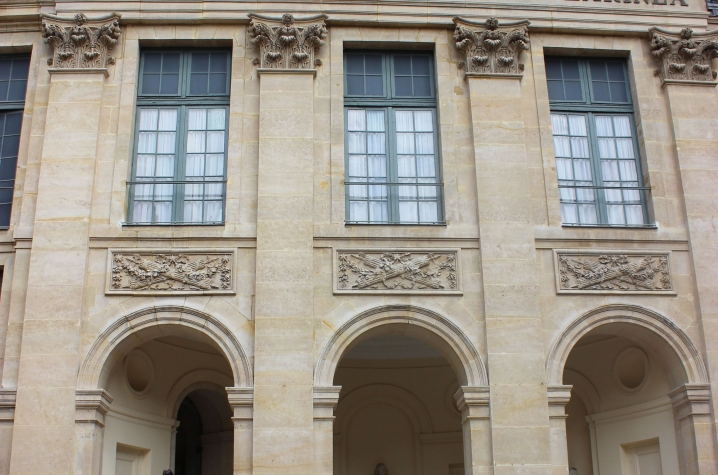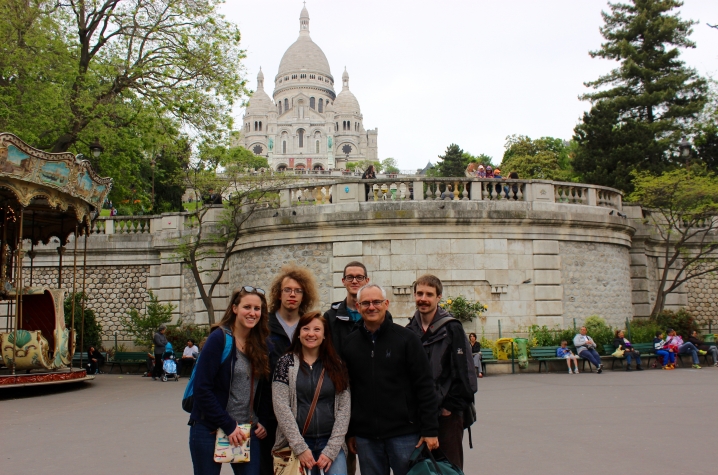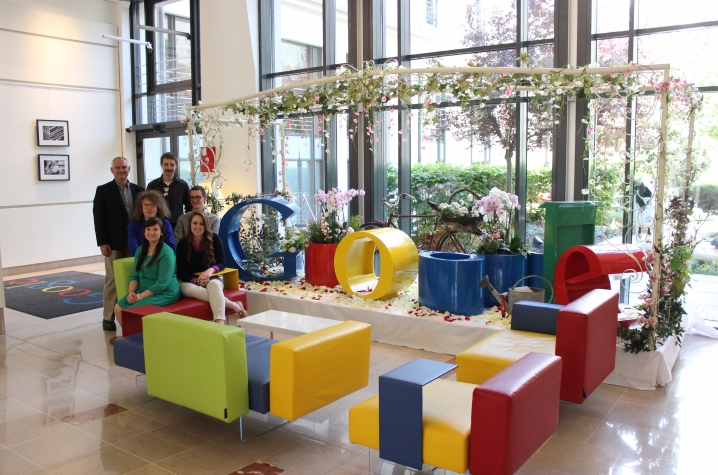Freshman Finds Close Community, Huge Opportunity
LEXINGTON, Ky. (May 22, 2015) — When she arrived on the University of Kentucky campus last August with a carload of boxes ready to move-in to the Engineering Residential College, she didn’t expect to see her future professors there offering a hand. She also didn’t expect to make a connection that would lead to a unique research opportunity during her first year in college.
“My stepmom and I were moving into my building and Dr. Seales started helping us carry up boxes,” she said. “Next thing I know, my stepmom had tripped and fallen, roughed up her arm and hand pretty badly, and Dr. Seales provided first aid to her.”
After being welcomed by Brent Seales, chair and professor of the Department of Computer Science, on move-in day, Melissa Shankle felt encouraged to get more involved in the college and department. She began attending the Society of Women Engineers meetings, where she soon listened to Seales give a talk about his work.
Shankle reached out to him to see if there were any openings on his team, and sure enough, only five months after she began at UK, she started working on a project to digitally unveil ancient scrolls that cannot be opened.
“You come in to college thinking, ‘it’s just research,’ but this is really neat research,” Shankle said. “It’s challenging, but I typically enjoy challenging.”
Shankle, from Mayfield, Kentucky, knew she was interested in computer science in high school. She was the secretary for her dad’s company, where she trained herself on QuickBooks software and by the end of her sophomore year was certified in Microsoft Word, PowerPoint and Excel.
Her long-time interest in history also inspired her to work on Seales’ ancient scrolls project.
“It’s really cool to think about,” she said. “I learned about the (Mount Vesuvius) eruption in school, but now I’m actually working on something to help uncover that history.”
Shankle has played the role of “expert user” for the software the team is building, analyzing it from the user perspective so that scholars, not only computer scientists, can use the software.
On May 11, she traveled with the team to Paris, France, where they trained a papyrologist from the Institut de France in using the software and presented to the Google Cultural Institute. She will return home for the rest of the summer, but doesn’t plan to slow down after a year full of surpassing expectations.
“I want to get ahead in computer science coursework, and will sort of telecommute with our team,” Shankle said.
Following her performance on the project this semester, she plans to begin this summer focusing on other digital imaging initiatives led by Seales. Shankle is also excited to work during her sophomore year as an Engineering Residential College peer mentor, a critical component of the UK Living Learning Programs (LLP).
“I’m looking forward to helping other students reach their full potential the same way the LLP helped me,” Shankle said. “I never expected to be doing research my freshman year and to be as involved as I am, so I’m excited to see what’s next. Obviously I made the right choice coming to UK.”
MEDIA CONTACT: Whitney Harder, 859-323-2396, whitney.harder@uky.edu








